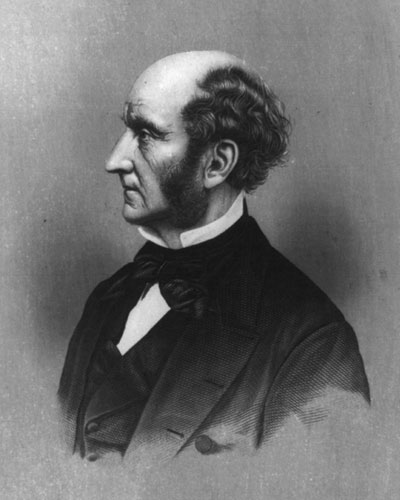Utilitarianism vs Deontology
Although Utilitarianism and Deontology are often considered as similar moral philosophies, there are significant differences between the two. Utilitarianism focuses on the concept that the end justifies the means, while Deontology believes that the end does not justify the means. These differences are the basis of the two schools of thought regarding morality.
What is Utilitarianism?
Utilitarianism was first introduced by philosophers John Stuart Mill and Jeremy Bentham. It emphasizes the idea that the outcome of an action is the most important aspect, and thus consequentiality is a key component of this philosophy. This school of thought does not pay special attention to codes of conduct, as the end result is the primary focus. In Utilitarianism, the means of achieving a goal are secondary to the goal itself, and the manner in which the goal is achieved is considered insignificant.
What is Deontology?
Deontology is the opposite of Utilitarianism in its concepts. It does not believe that the end justifies the means, but rather that the end does not justify the means. This is the main difference between the two philosophies. Unlike Utilitarianism, which is more consequence-oriented, Deontology is not focused on consequences. Instead, it relies on scriptures that provide guidance on moral rules and intuition.
The word “deontology” is derived from the Greek words “deon” and “logos,” meaning “the study of duty.” Deontology emphasizes the ethical importance of both the action and its consequence. According to this school of thought, the morality of an action determines the morality of its outcome. If the action itself is not moral, then the outcome cannot be moral or ethical. Deontology takes universally accepted codes of conduct into account, unlike Utilitarianism.
Key Takeaways
- Deontology does not believe in the concept of ‘the end justifies the means,’ while Utilitarianism does.
- Utilitarianism is more consequence-oriented in character, whereas Deontology is not focused on consequences.
- Deontology takes universally accepted codes of conduct into account, while Utilitarianism does not.
